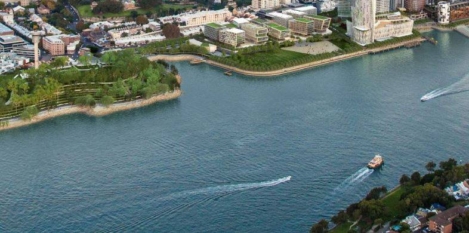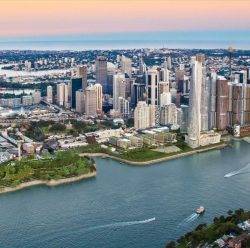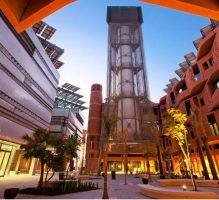May 31, 2017
Every building on the planet must be net zero carbon by 2050 claims World Green Building Council 0
The building sector, which is responsible for global emissions roughly equivalent to those of the whole of China, must operate at “net zero carbon” by 2050 if global warming is to remain under two degrees Celsius, the limit enshrined in the Paris Agreement. According to a new report from the World Green Building Council (WorldGBC), there are currently 500 net zero commercial buildings and 2,000 net zero homes around the globe (well under 1 per cent of all buildings worldwide), requiring a monumental and coordinated effort by businesses, governments and nongovernmental organisations to bring the building sector within striking distance of Paris Agreement targets. The report defines ‘net zero buildings’ as highly energy-efficient buildings which generate or supply the energy they need to operate from renewable sources to achieve net zero carbon emissions, and lays out specific actions that the private sector, governments and NGOs can take to ensure all new buildings operate at net zero carbon by 2030 and that all existing buildings are renovated to operate at net zero carbon by 2050.



































